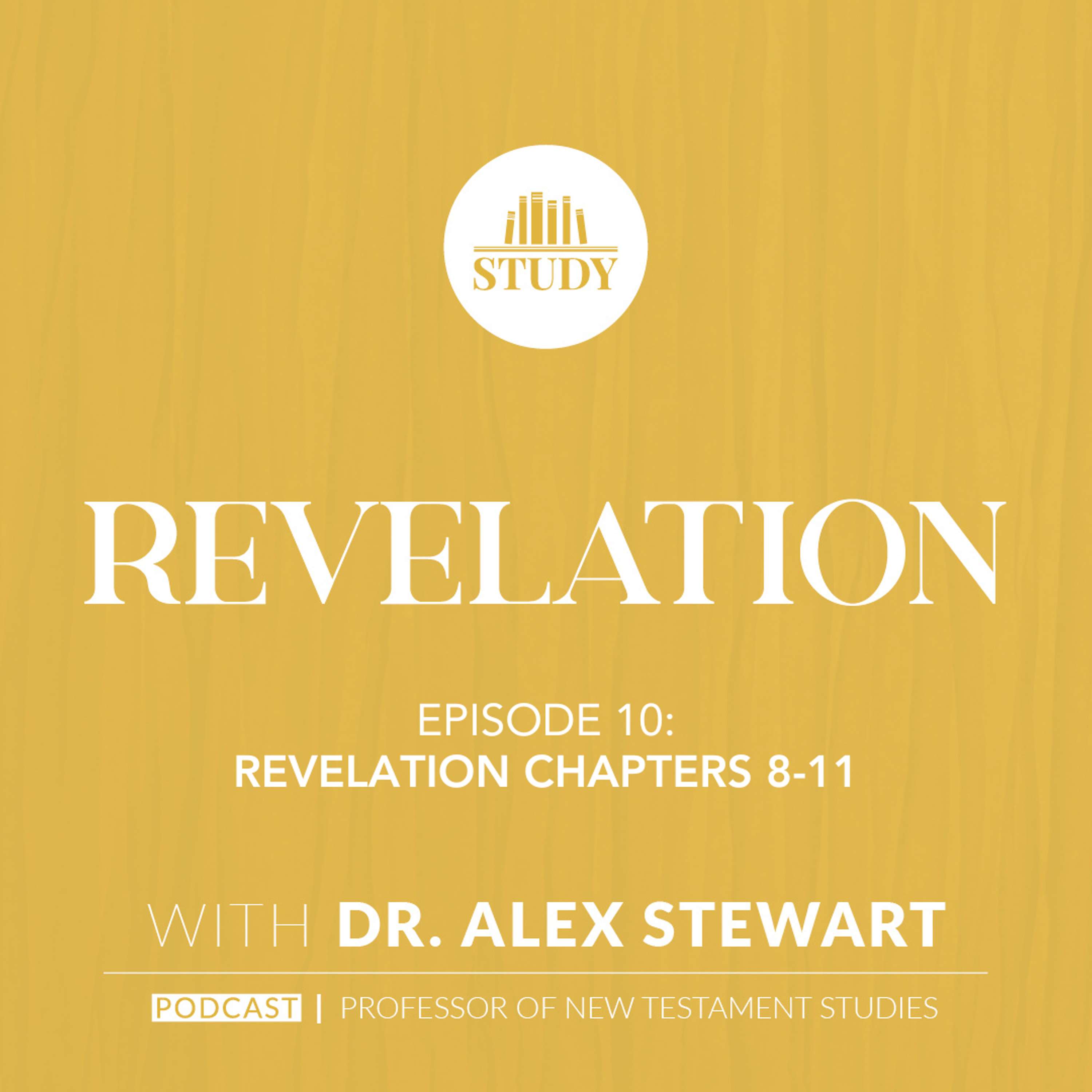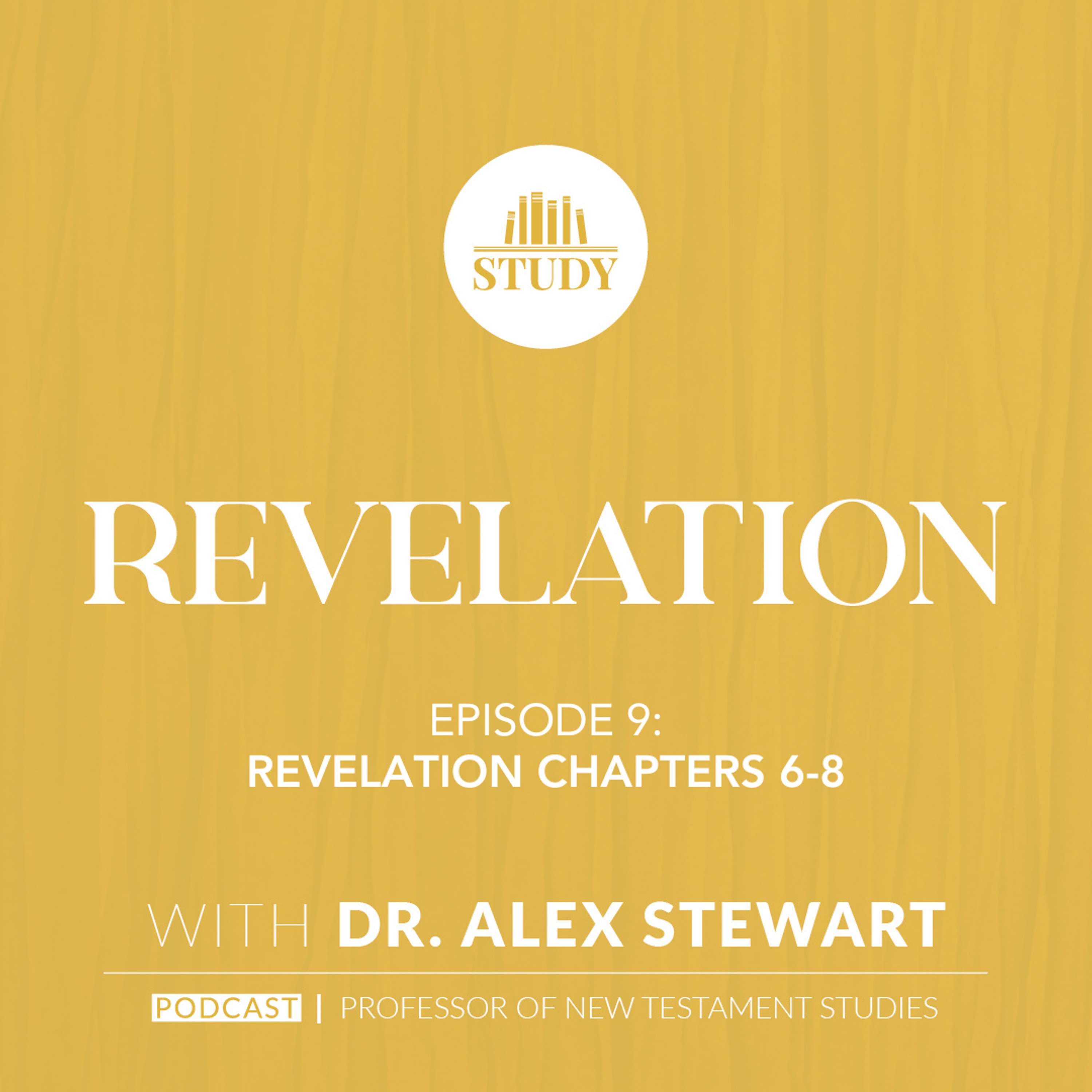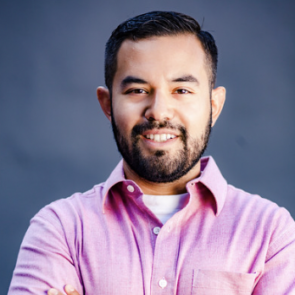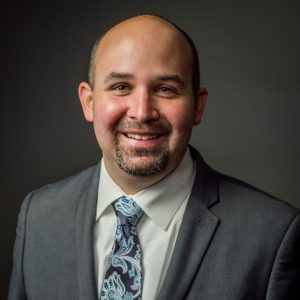Southern Baptist churches, based on our baptism reports, are less and less effective at sharing the gospel in such a way people receive it and become Christians. The reasons for this vary from church to church, but there are some common problems which span geography, culture, and ministry style. Over the next few weeks, let me highlight some of those issues and offer some suggestions for change. The first problem limiting evangelistic effectiveness is redefining witnessing.
One way to redefine witnessing is as living a good life and allowing your example to be your witness. It’s important to live consistently, demonstrating integrity between your beliefs and actions to non-Christians. Your example is part of your testimony. Sometimes, this definition of witnessing is popularized by sayings like, “You may be the only Jesus another person ever sees” or “You may be the only Bible your friend ever reads.” While those sentiments may motivate you to live out your faith, they aren’t accurate statements describing an effective witnessing methodology.
No person—not even Jesus—has ever lived a life that spontaneously communicated the gospel. Jesus came as the Word (John 1), not the Example, and spoke the gospel. His ministry included explaining the gospel, preaching the gospel, and asking people to respond to the gospel —all verbal activities necessary for adequate and accurate communication. If Jesus had to verbally tell His story, despite His perfect life lived among unbelievers, how can you realistically expect to communicate the gospel effectively by simply living a godly example? It can’t be done. Lifestyle evangelism isn’t about living in such a way the gospel is communicated as others observe your behavior. Lifestyle evangelism is living in such a way your verbal witness has credibility when you share it. In short, your walk with Jesus matches your talk about Jesus.
Another related redefinition of witnessing is serving others in Jesus’ name as your witness. Service is a powerful expression of Christian discipleship since “If anyone wants to be first, he must be the last of all and servant of all” (Mark 9:35). Servant evangelism projects are growing in popularity today. Through service, love is demonstrated, and those who favor this definition conclude unbelievers “will know that you are My disciples, if you have love for one another” (John 13:35). They may know we are Christians by the love we show them and each other. But that doesn’t mean our service communicates to unbelievers how to become followers of Jesus. Service must be coupled with an explanation of the gospel to be an effective witnessing method.
One of the most effective methods of servant evangelism today is disaster relief. When volunteers show up after a hurricane, tornado, earthquake, or tsunami, the love they demonstrate earns them a ready audience. A veteran worker once told me, “When we’re cleaning up a mess, we remember the people come first.” Disaster-relief workers are trained to initiate conversations, listen to concerns, process grief, and share the gospel with people often made vulnerable by their recent experience. Cleaning up fallen trees, mucking out after a flood, or serving hot meals all demonstrate the love of Jesus; but those actions don’t—in and of themselves—communicate the gospel. Servant evangelists set the stage for sharing the gospel by their actions; then tell the story of Jesus so hurting people can be saved.
Solution: Reject any redefinition of personal evangelism that doesn’t include sharing the plan of salvation. Adopt a definition of sharing the gospel that includes communicating these essentials: God’s love; humanity’s sin; Jesus’ death, burial, and resurrection; and every person’s opportunity and obligation to respond.
This series is excerpted from my book, Unscripted: Sharing the Gospel as Life Happens.
Read More

Owning Up to the Failures of our Theological Heroes
What can be done when you discover the sins of historical figures who have shaped your theology?

Author’s Perspective: Andrew Fuller and the Search for a Faith Worthy of All Acceptation
Dr. David Rathel discusses his upcoming publication on Andrew Fuller.
Listen
Revelation Chapters 8-11
This episode covers the seven trumpets in Revelation chapters 8-11, emphasizing their role in the series of seven judgments. Dr. Stewart focuses on spiritual oppression and demonic activity, contrasting with the human-centric judgments of the seven seals.

Revelation Chapters 6-8
Dr. Stewart and Tyler discuss the symbolism of the seven seals in Revelation. The seals can range from Christ’s authority, to the Four Horsemen of the Apocalypse, to cosmic upheaval, to God’s final judgment, and more. Their conversation emphasizes the importance of pe

Watch

Jonathan Edwards and the Asbury Revival
Chris Chun and Chris Woznicki discuss the signs of true revival, signs of the work of the Holy Spirit, and why it is important to critically assess the characteristics of revival in a spirit of charity.

Jonathan Edwards and the Baptists | Douglas Sweeney, Nathan Finn and Chris Chun
Dr. Douglas Sweeney and Dr. Nathan Finn joined Dr. Chris Chun for a panel discussion on Jonathan Edwards, recorded live at the SBC Annual Meeting in Anaheim.




